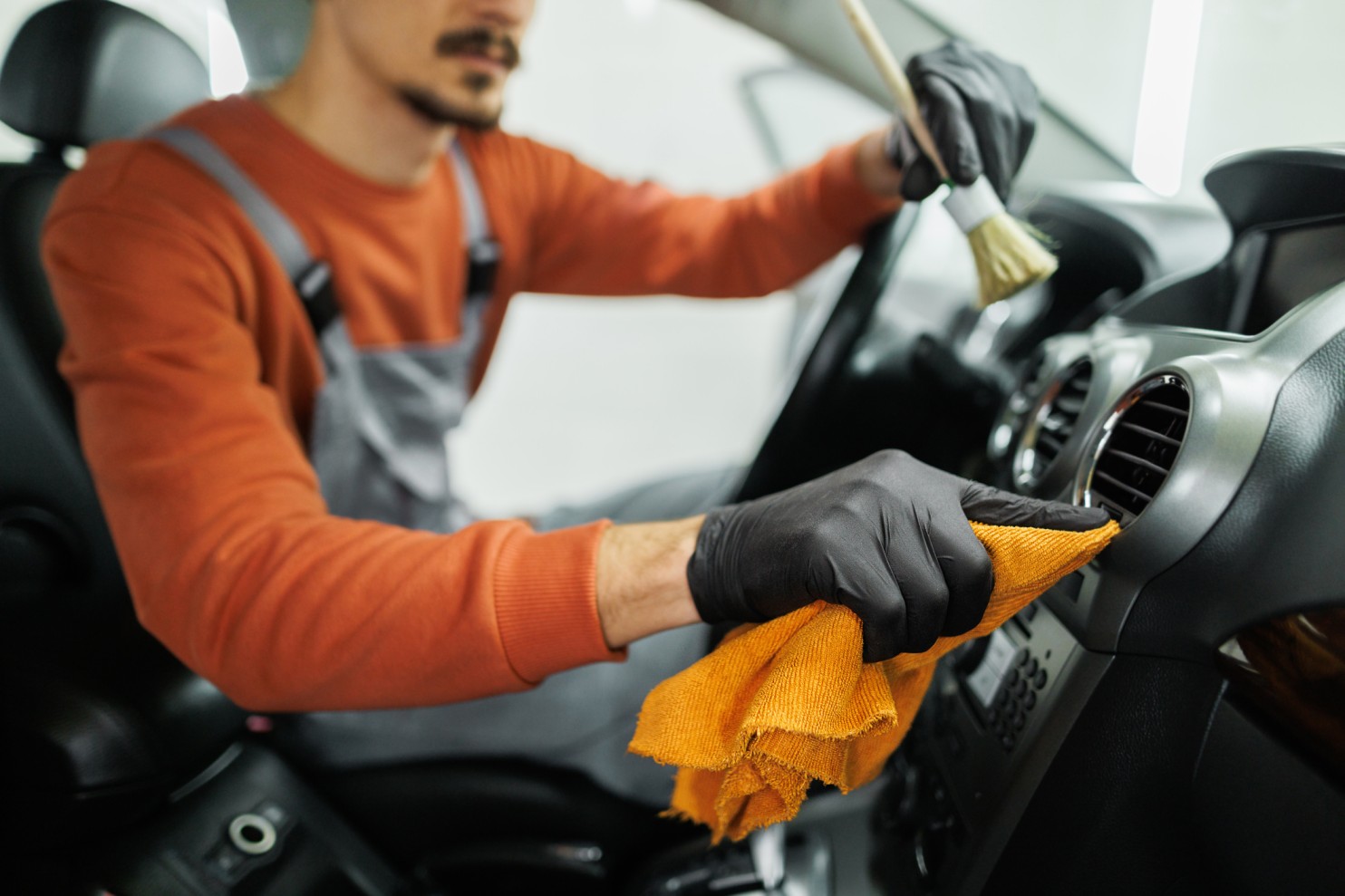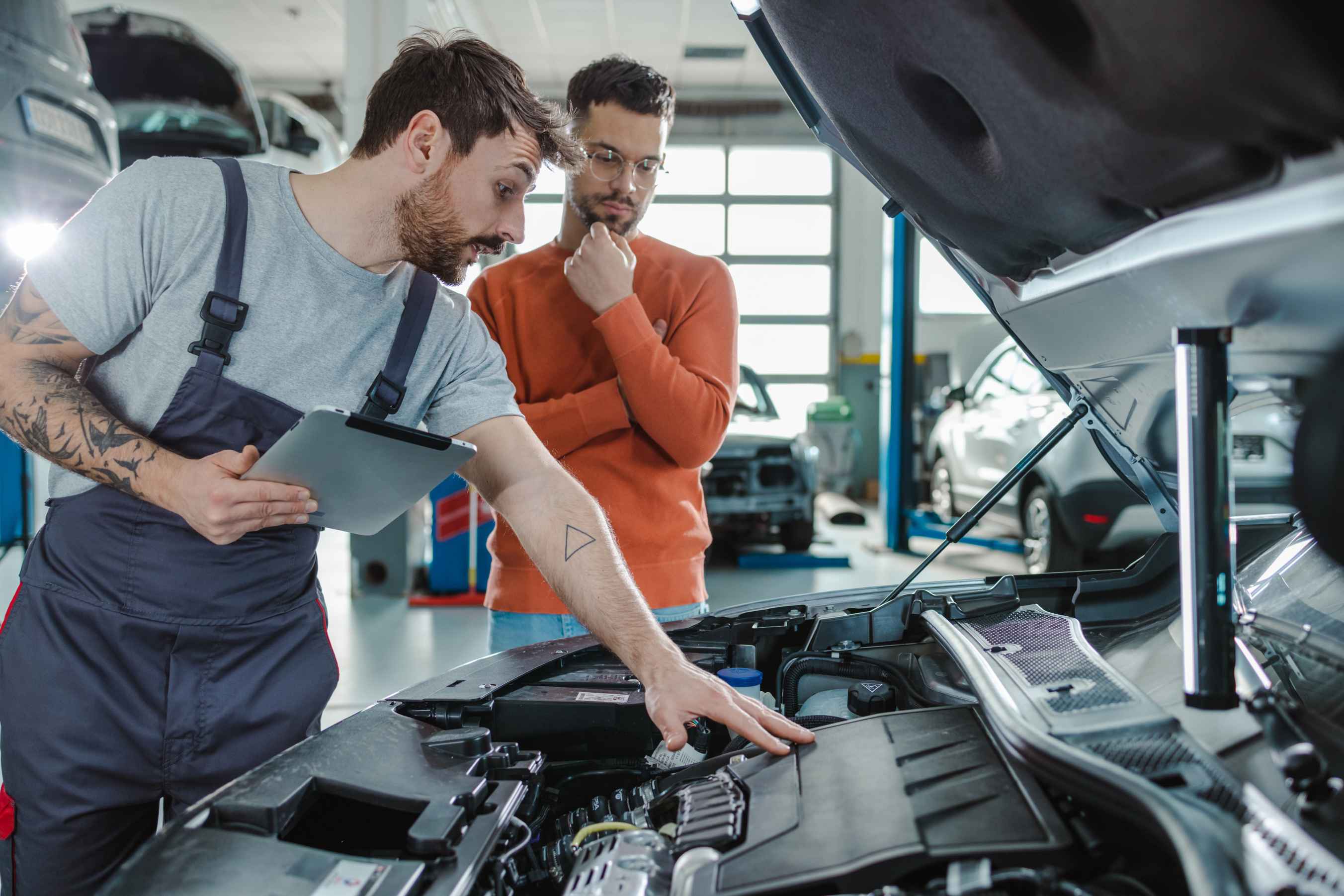“Supporting local partners is critical to our success in the Asia-Pacific region”

Today, we had the chance to interview Víctor Velázquez, commercial manager of Repsol Lubricants for the Asia-Pacific region. He graduated in Marine Engineer from the Universidad de Oviedo. His career path changed when he came across an opportunity at Repsol as a marine lubricant salesperson.
That happened in 2004 and, since then, Víctor has held various roles within the company, such as managing distributors at Lubricantes Internacional or taking part in Business Development, where the most significant part is inorganic projects in various countries.
Once the stake of 40% of United Oil Company was completed in 2019, a project he took part in, Víctor took on the role of commercial manager in Singapore, where he led Repsol Lubricantes operations in the Asia-Pacific region. In this interview, he tells us about the challenges he faced and his vision for this dynamic region.
What is Repsol's presence in the Asia-Pacific region?
Since the 90s, we've had distributors in countries such as Australia, Taiwan, and Japan. Later on, we expanded to China, Malaysia, the Philippines, Thailand, and Vietnam, among others. Today, we are present in most of the large markets in East Asia and Oceania.
Around ten years ago, we sent our first representative to the Repsol office in Singapore. Then, about six years ago, a specific division (Regional Management) for the Asia-Pacific region was created, with a local commercial team, which significantly improved our operations in terms of local relations and coordination in the same time zone.
We hit an important milestone in 2019, when we acquired a 40% stake in United Oil. This allowed us to serve Indonesia, Malaysia, Singapore, and Vietnam through the joint venture. Thanks to that, we now have two plants in Singapore and Indonesia, which allows us to supply products more closely and competitively.
What's the market like there?
The market in the Asia-Pacific region is very diverse. Mature economies such as Japan, South Korea, Australia, and New Zealand coexist with developing economies such as Vietnam, the Philippines, and Myanmar. Then there's China, which is a special case due to its size and dynamism.
These markets are greatly influenced by Japanese brands, and European brands generally focus on high-end vehicles.
Asia is also characterized by its large markets for motorcycle lubricants. In developing countries such as Thailand, Indonesia, Vietnam or the Philippines, where the majority of the population has limited resources, there are many motorcycles because they're a far more affordable means of transportation. As the middle class grows, the number of cars is also increasing, although they're still a long way off European or American levels.
What's Repsol Lubricantes' main strategy to expand and consolidate in the Asia-Pacific market?
To continue developing our distributors, who still have growth potential, and cover new territories, such as Pacific countries. The market in Asia is growing, but it's highly competitive. The standout leap will continue to be inorganic expansion.
What products sell the most out there?
Our best-selling products are motorcycle lubricants, due to the large number of these vehicles in the region. We also sell lubricants for passenger vehicles especially those with API specifications, which are popular in markets influenced by Japan.
How can you identify market opportunities in this context?
After the pandemic, we got straight back into our activities, visiting distributors and taking part in fairs and events. These activities strengthen our relationships with our distributors and their customers and help us develop new opportunities. Supporting our local partners is critical to our success.
Another source of opportunities are the direct contacts that Repsol receives from actors interested in working with us.
What's the experience of working in such a socioculturally different region?
Working in Singapore is relatively easy as it's very safe, great has infrastructure, and they speak English. It's a very cosmopolitan city. In any case, cultural adaptation is key and beneficial. We foster a collaborative work environment, encouraging local employees to share their experiences. Relationships with distributors from diverse cultures is also a challenge. In many cases, relationships cans also become personal. I think the essential thing is to be respectful and professional. Respect for people, their business, and our business.
How is the supply chain managed to ensure product efficiency and quality in the Asia-Pacific region?
We have the ability to manufacture locally and also supply products from Puertollano, Spain. This allows us to offer premium European products and, at the same time, more competitive local products. This flexibility in the supply chain allows us to reduce transit times and better adapt our products to local markets. Quality is consistent regardless of the manufacturing location.
What growth opportunities does Repsol Lubricantes identify in this region in the coming years?
Asia is a constantly growing market. Although the impact of electric vehicles is strong in China, it's not as strong as in other countries. The lubricant market continues to expand, offering us numerous opportunities. Our challenge is to increase our direct presence and compete with both large companies and local players. We pursue sustainable growth and inorganic expansion to increase our market share.
Related content




